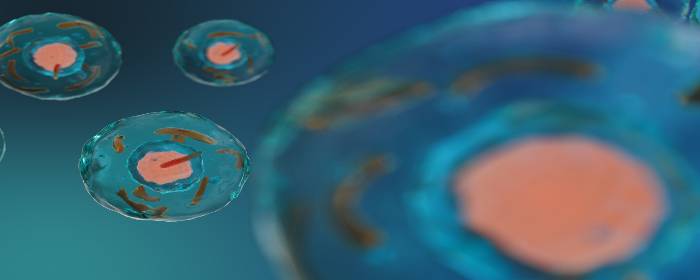Duchenne muscular dystrophy is a degenerative condition that is hereditary caused by mutations to a gene called dystrophin. The condition affects both skeletal and cardiac muscles, impairing physical mobility and leading to weakened heart and respiratory functioning. Current treatments for Duchenne muscular dystrophy aim to control the symptoms of the condition and enhance the quality of life, but there is no known cure.
Given the need for effective therapies in Duchenne muscular dystrophy and the success of stem cells in treating other degenerative conditions, research has begun to focus on how cell therapies may be able to help Duchenne muscular dystrophy patients. Mesenchymal stem cells have been considered as an approach to this form of therapy.
Much of the research to date has emphasized autologous sources of stem cells that come from the patient themselves – such as from bone marrow or adipose tissues. However, a recent study, published in Biomaterials, investigated the impact of allogeneic mesenchymal stem cells – which comes from someone other than the patient – on Duchenne muscular dystrophy. Specifically, the researchers looked at the therapeutic effects of placenta-derived mesenchymal stem cells.
The scientists found that using placenta-derived mesenchymal stem cells may be able to reduce the amount of scarring and thickening of the connective tissue of the cardiac muscles and diaphragm in Duchenne muscular dystrophy while also minimizing inflammation. These promising findings demonstrate the potential to use stem cells to reverse the pathology of Duchenne muscular dystrophy and not just to address the symptoms. Future research will help to determine if regenerative therapy could have a meaningful impact on the course of this condition.
Reference: Bier et al. 2018. Placenta-derived mesenchymal stromal cells and their exosomes exert therapeutic effects in Duchenne muscular dystrophy. Biomaterials, 174, 67-78.


 St. Petersburg, Florida
St. Petersburg, Florida
